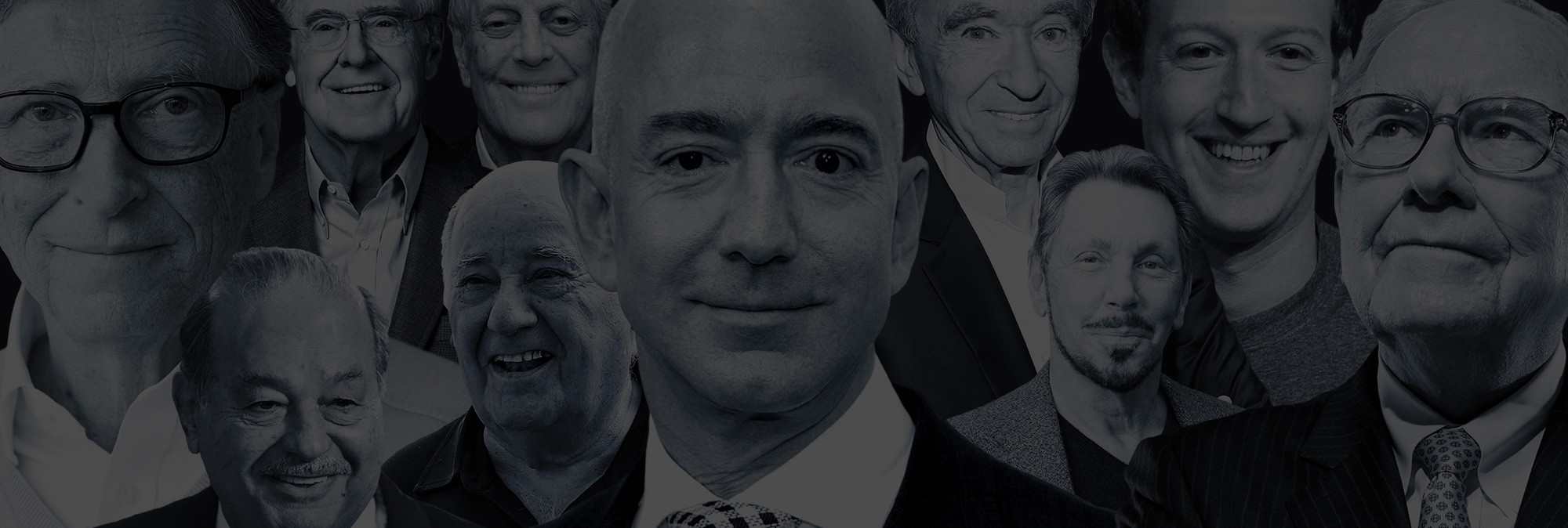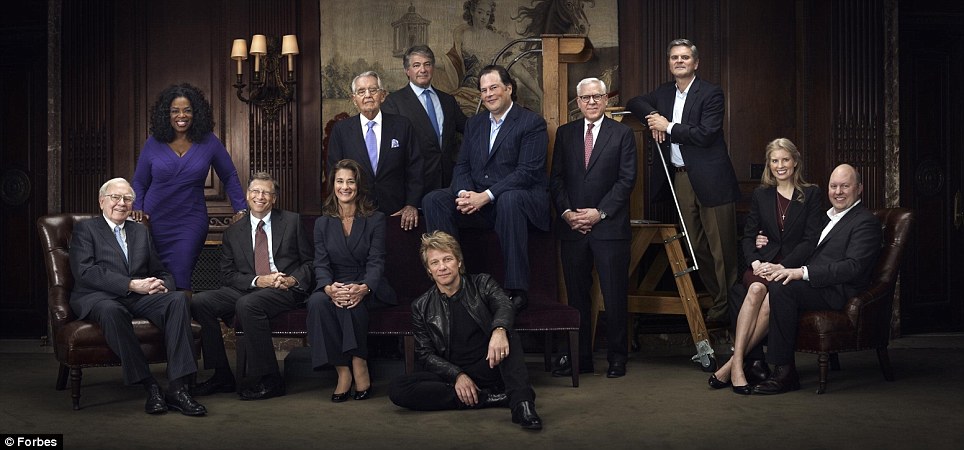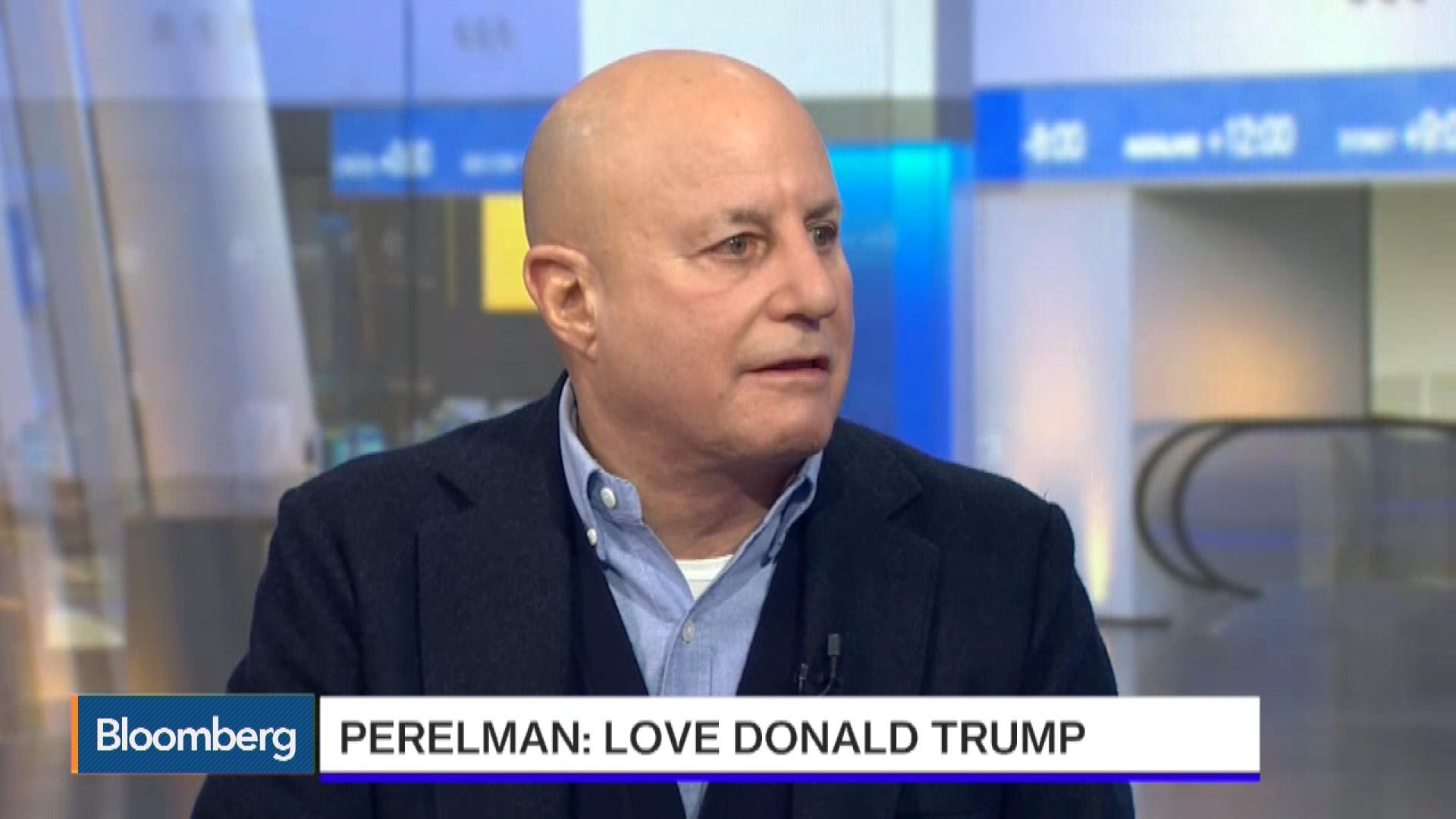Filed under: Capitalism, Making Monsters, The State

There are over 2 thousand billionaires in the world, and many of them enjoy luxurious lives without facing the consequences of their greed. This column aims to change that.
In just a century, capitalism and globalization have managed to create and solidify the existence of a super-class of human: the billionaire. Oil tycoon John Rockefeller became the world’s first billionaire just over 100 years ago, in 1916.
Now being a billionaire is much more common, according to Forbes, who counted 2,208 billionaires in its 2018 Annual World Billionaires Issue. In 2017 alone, the billionaire class made enough money to end extreme poverty seven times, according to Time Magazine.
The existence of billionaires has become so normalized and glamorized that Forbes is on its 32nd edition of the “World Billionaires Issue.” Reporting on the existence and wealth of billionaires without holding them accountable for their greed and power is nothing more than pro-billionaire propaganda.
Millions of U.S. voters admired Trump solely because he is a billionaire, choosing to believe he is a genius of business, despite numerous failed business attempts and proven scams. Remember Trump University?
Conservatives are not alone in their blind respect for wealth. Liberals eat-up billionaires who they consider to be good people. Kylie Jenner, Oprah Winfrey, Bill and Melinda Gates and Elon Musk are a few seeming favorites.
 The capitalist narrative is one that seeks to validate the accumulation of wealth and power; it’s what we hear all the time. Conservatives say billionaires are so wealthy because of their genius in business, and that such wealth commands respect.
The capitalist narrative is one that seeks to validate the accumulation of wealth and power; it’s what we hear all the time. Conservatives say billionaires are so wealthy because of their genius in business, and that such wealth commands respect.
Liberals claim that some billionaires can be good people because they give large donations or promote socially liberal values. Some liberals may get past the “survival of the fittest” narrative that conservatives, fascists and imperialists use to justify breaches of human rights. Some capitalists may understand that the birth lottery of social privilege makes a billionaire; you cant make billions if you don’t have access to food or education.
There is one lie that mainstream Conservatives and Liberals alike buy into: that the existence of poverty is inevitable. The bourgeoisie benefit from this narrative and an incomprehensible number of people fall victim to it.
 There is enough food to end world hunger. There are the resources to provide universal health care and access to education. There is enough money to pay reparations for colonization and enough money to end global poverty, but it is hoarded by the privileged members of class societies, the only ones who benefit from such class hierarchies.
There is enough food to end world hunger. There are the resources to provide universal health care and access to education. There is enough money to pay reparations for colonization and enough money to end global poverty, but it is hoarded by the privileged members of class societies, the only ones who benefit from such class hierarchies.
The only way to successfully address the radical hoarding of such wealth is to radically and unapologetically redistribute it and to dismantle the systems that enable it, ensuring the most vulnerable members of society receive fundamental human rights.
To do this requires education, for there is a sickness of the mind in the modern world. Weapons manufacturers can make millions without U.S. citizens questioning the nature of war, but the idea of making world peace is often viewed by those same citizens as drastically unrealistic.
 Any economic system or ideology that allows one human to accumulate more wealth than entire countries is a broken system. Any narrative that seeks to excuse a world in which one family collects mansions and luxury cars while another family dies because of extreme poverty is a bullshit narrative.
Any economic system or ideology that allows one human to accumulate more wealth than entire countries is a broken system. Any narrative that seeks to excuse a world in which one family collects mansions and luxury cars while another family dies because of extreme poverty is a bullshit narrative.
Until large numbers of the population, or society or humanity collectively, actively reject capitalism and class society, we can be sure that global poverty is inevitable.
This column intends to radicalize mainstream political rhetoric and normalize the idea of achieving radical equality through anarchism, redistribution of wealth, and the rejection of the U.S. capitalist democratic government.
This column will show, in graphic detail, exactly where many resources are hoarded and how they are grossly misused. This column will be the first of its kind: a platform to shame wealth, to call out the lesser – known but still politically powerful billionaires who hide behind the iron gates of wealth and anonymity and to detail their ostentatious lifestyles to the public in an attempt to inspire mobilization against mainstream materialism and in favor of radical equality.
Meeting your Overlords: Ronald Perelman
Ronald Perelman, worth $9.8 billion, is described by Forbes as self-made, but, on literally the same page, Forbes explains how Perelman got his “business smarts” and startup money:
“Perelman learned about business from his father. He attended board meetings with him while in elementary school.”- Forbes
Ronald Perelman’s father, Raymond, and Ronald’s brother Jeffery are also billionaires, and according to PhillyMag, it has caused the family serious legal disputes over money over the years- it’s just so hard being a family of billionaires. Perelman’s father consummated Perelman’s first buyout when he was just 18 years old, according to Bloomberg, who, like Forbes, has profiles on hundreds of billionaires.
In my research for this column, I have found the billionaire profile sections of Forbes and Bloomberg to be extremely informative, but it is clear that these profiles are written by agencies who view wealthy capitalists as geniuses of industry. Perelman’s profile, like so many others, offers no form of criticism or accountability. This doesn’t come as a surprise; Forbes and Bloomberg are FAR from radical.
 Casually reading the profiles of the most wealthy and powerful in people the world is a grim feeling; I felt like these profiles were some fucked-up social media app where you can get to know the very people benefiting from the poverty and exploitation of the global working-class. I figured such an app should be titled “Meeting your Overlords.” Instead, I’m using that title here to describe billionaires – accurately
Casually reading the profiles of the most wealthy and powerful in people the world is a grim feeling; I felt like these profiles were some fucked-up social media app where you can get to know the very people benefiting from the poverty and exploitation of the global working-class. I figured such an app should be titled “Meeting your Overlords.” Instead, I’m using that title here to describe billionaires – accurately
Forbes’ profile on Perelman seems as if it was written by Perelman himself. His page features a quote:
As I grew, it became very clear to me that what I do, I am not doing alone. I am placed in situations with opportunities that others are not. I don’t believe that that is happenstance. I believe that there is a God that has a plan for me. – Perelman
It’s not surprising that Perelman’s vision of God is one who not only encourages the hoarding of wealth, but also one who personally helped Perelman achieve an unjustifiable amount of power. God doesn’t have time to intervene with crises of hunger, war, natural disaster, colonization, or disease. However, making Ronald Perelman a member of the most elite bourgeois was high on God’s to-do list.This attempt at justification favors the Divine Right of King’s narrative used by overlords in the distant past.
In his very first business venture in ‘61, Perelman bought a Brewery that he sold three years later for a $1 million profit. After years of making millions on similar deals with his dad’s company, Perelman left Belmont Industries after an awkward confrontation with his father, according to Money Is King, a book written about Perelman’s life.
Perelman continued to make millions from buying business, cutting costs – often jobs, and then reselling them for significantly more money. Two of the businesses he bought were Cohen-Hatfield Jewelers and MacAndrews & Forbes & Co., which Perelman merged into MacAndrews & Forbes Holdings, Inc, a private company that holds the majority of Perelman’s wealth, according to Funding Universe:
“Perelman used the tools so popular in the 1980s–including hostile takeovers, leveraged buyouts, …to establish and expand his personal empire. He continued dealing at a frenetic pace in the 1990s, most prominently in collecting and then disposing of media companies.” – Funding Universe
Perelman’s career has consisted of Perelman taking over as many business entities as he could; he is using large amounts of money to make even larger amounts of money in a world where billions die in poverty.
In ‘86 Perelman faced accusations of greenmailing, which is defined by google dictionary as: ”the practice of buying enough shares in a company to threaten a takeover, forcing the owners to buy them back at a higher price in order to retain control.”
In one case Perelman accumulated over 9 million stocks in Gillette, only to sell his stake to Gillette later that month for a $52 million profit, according to the New York Times. Perelman never faced any charges, but who ever heard of laws applying to the nobility?
Photo courtesy of Wanttoberich.com
Perelman’s house is a 40-room mansion, according to wanttoberich.com, another website describing Perelman as “self-made.”
His Yacht is worth more than his $12.5 million house, again according to Wattoberich.com, who lists the yacht at $125 million. The site also says that Perelman has two more multimillion-dollar homes, a surprisingly low number for someone with enough money to single-handedly end half of the homelessness in the U.S. Ending all homelessness would cost the U.S. government $20 billion, according to the New York Times, who cited a report from the Department of Housing and Urban Development.
Think Progress reported that U.S. consumers could end U.S. homelessness in just five years with the amount money they spend on flowers and Christmas decorations alone.
Perelman has made donations to various universities and nonprofits. Still, donating tiny amounts of his fortune to philanthropic causes could never erase the shady business practices that allowed him to accumulate such a huge chunk of the economy. There is no feat any human can accomplish that should beget them such money and power over their fellow humans, many of whom are suffering because of a lack financial security.
Perelman has also made some political donations. In 2015 Perelman donated $1 million the Lindsey Graham and Jeb Bush Presidential campaigns, according to the New York Times. In 2017 Perelman donated [only] eight thousand dollars to Donald Trump’s 2020 reelection campaign, according to a government-issued receipt. Fitting, since Trump is also a billionaire who has faced no serious consequences in the building of his own empire.
You can oppose the Perelman empire by divesting from and partaking in strategic organization against the following corporate entities:





